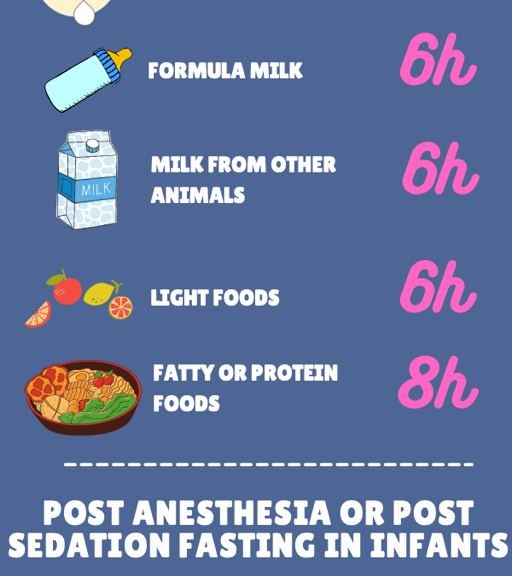Breast pumps: Recommendations for correct use
Breast pumps can be a great ally in the breastfeeding journey of a woman; they can help to overcome certain circumstances or specific complications and help to maintain deferred breastfeeding (exclusive pumping) in the case of mother-infant separation, when the mother goes back to work or is useful for other reasons. Nevertheless, using a breast pump is not necessary in all cases as not all breastfeeding women need to have and use a breast pump, and so each case should be…









